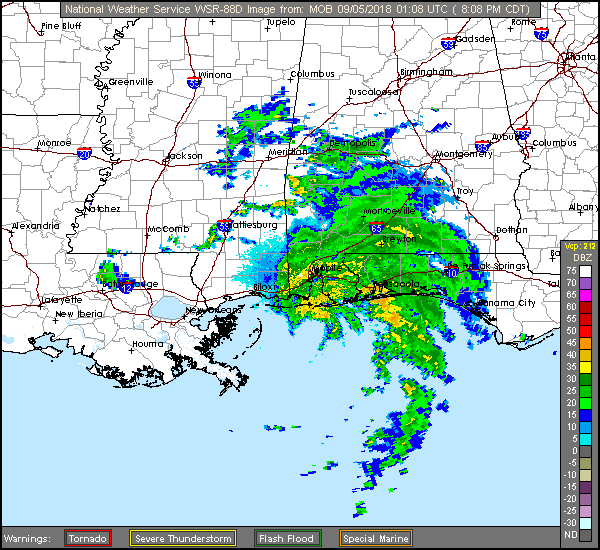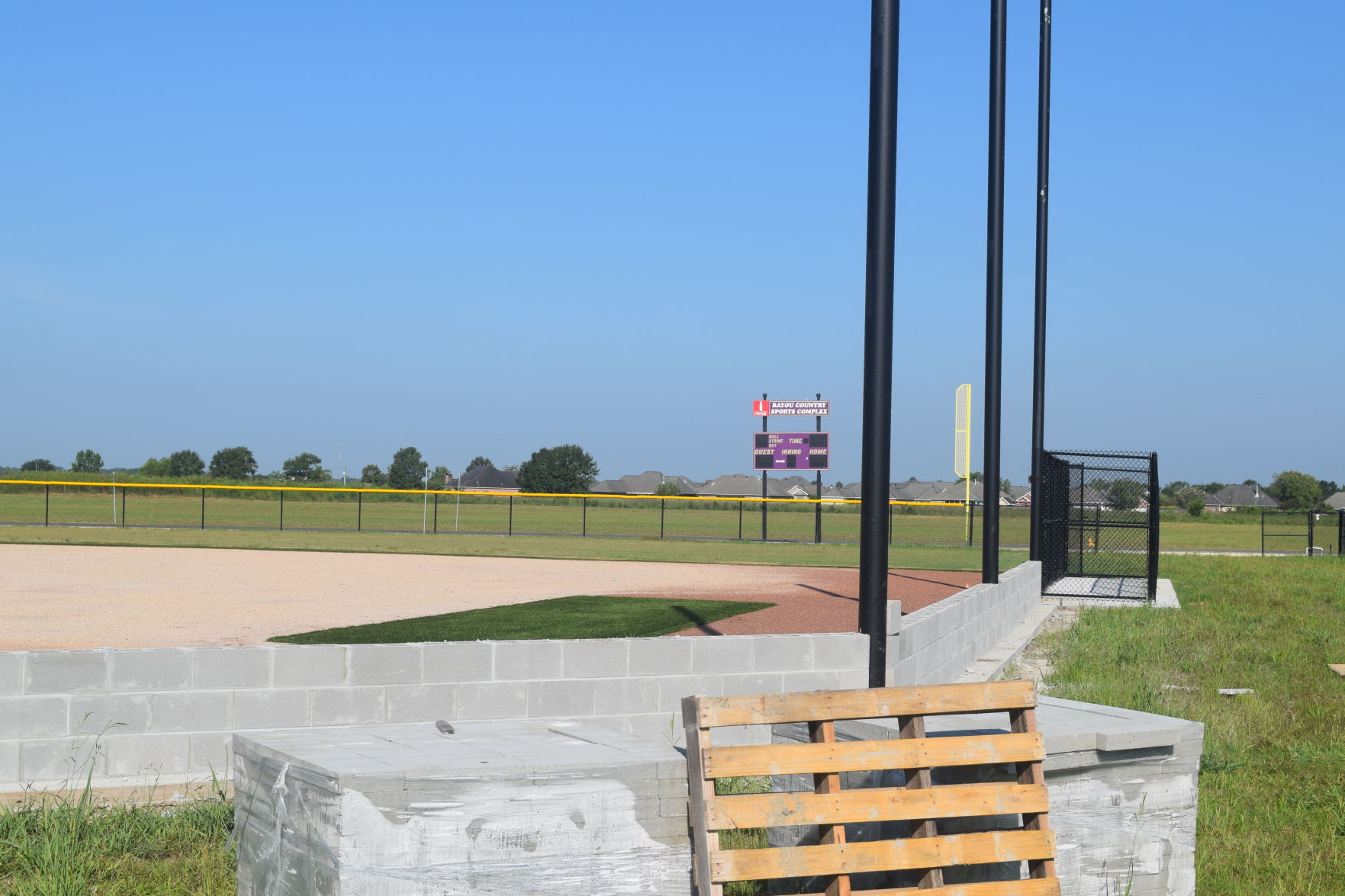
Council approves new TPR Director
September 5, 2018
Gordon seen as a good "trial run" for local governments
September 5, 2018A detailed audit of a Houma recreation district’s operations over three years, ordered by the Terrebonne Parish President, appears to be complete.
But a planned release of the document has been postponed, pending a review by Terrebonne Parish Consolidated Government officials and a caveat from the Parish Attorney.
The new, nine-member board that operates Recreation District 2-3 had scheduled an emergency meeting last week for review and discussion of the forensic audit performed by Bourgeois-Bennett, an accounting firm, on district business prior to their appointment. Board members and some employees involved with district operations have since resigned or replaced.
Decisions the new board may consider once they see the audit’s details are whether to seek a criminal investigation involving past practices, particularly in light of prior allegations that concession receipts were either missing or, unreported or mis-reported.
The recreation district board’s new chairman, Michael Bergeron, said in response to questions about the delay that investigations are ongoing and that “wrong-doing will be pursued.”
“One thing I have learned this week is that zeal to hold people accountable for their actions can result in alleged violations of civil rights. parish officials who have implicated people in wrongdoing without carefully following due process have been sued under the Section 1983 Civil Rights Act,” Bergeron said. “Implicating someone can cause severe financial cost to the parish and government officials need to proceed with due care, regardless of how blatant violations appear to be. I am eager to move forward, but now understand that caution in this matter and allowing the investigations to conclude and law enforcement to proceed at their pace is warranted.”
The advice to tread softly was, according to interviews conducted last week, largely from Parish Attorney Julius Hebert. Hebert also represents District 2-3.
The parish’s request to the Bourgeois Bennett firm is itself telling, if for nothing else because of the scope it covers. Serving as a roadmap for the deep audit, the document includes a review of concession stand policies, how products were received and information on cash deposits of money generated from sales. General ledgers were to be examined from the years 2014-2017 inclusive. Inventories of products have been requested. Also, the auditors were charged with the task of identifying “all individuals responsible for opening and closing the concession stands, handling cash during and after concession stand operations and making cash bank deposits.”
The advice that Bergeron received — and quickly complied with — could be an indication that the report places one or more people in a compromising position.
Bergeron has said that the board should be in a position to go ahead with its review of the report on Sept. 12.
The Times reported in April that a gap of more than $55,000 appears to exist between the dollars spent on Coca Cola products from 2015 through 2017 and the amount of bank deposits made from concession sales in that same period. The Louisiana Legislative Auditor has been advised of the numbers and how they relate to audits already filed with its office for those years, but its staff cannot confirm or deny whether an investigation by that office is currently taking place.
In 2015, the district was billed $20,528 for 26,700 bottles or cans of soft drinks. At the posted field price of $2 per soda, that should have resulted in $53,400 in sales. But the concession deposits for that year only amounted to $28,122. That’s a gap of $25,278. The sales figure only takes into account the Coca Cola products, not nachos, candy bars or other snacks that are available at games and should be represented within the bank deposits.
In 2016 the pattern is similar. The district spent $16,233 for soft drinks. The $2 per drink retail price at the field should have fetched $43,704. But the concession bank deposit was only $28,048, leaving a $15,656 gap, also just relating to soft drinks.
For 2017 a total of $20,857 was spent on soft drinks, 27,708 bottles were sold at $2 each, and the bank deposits totaled $39,527, leaving $15,889 unaccounted for.
During the same three-year period $106,908 was spent on concession items total, inclusive of the sodas. An accurate determination of the inventory relating to food items was not attempted due to various price differentials. That means there is no way to determine how the total of $95,707 deposited from concessions receipts that year checks out with inventory, as with the invoiced Coca Cola products.
Those same records are believed to be among those examined in the audit.
It is separate from an audit of the parish’s own recreation department, also ordered by Dove. During that audit accountants were unable to locate evidence that gate receipts from a 2017 Babe Ruth League tournament were ever deposited, even though an agreement letter between the parish, the league and Recreation District 2-3. Detectives are seeking to search relevant bank accounts but have not disclosed details due to the on-going nature of their investigation.
Much of the interest in District 2-3 has arisen because of its involvement with construction of the parish’s Bayou Country Sports Park, a behemoth recreational complex that was envisioned under the administration of former parish president Michel Claudet, back when Terrebonne’s oil-fed economy was pumping hard and funding sources were more readily available.
Work slowed down during economic slowdowns, leaving Dove with the problem of funding continued construction of the popular project, which is now seen more as an economic development tool than purely a recreation venture.
Delays in construction of soccer fields and other issues led to public criticism from parents, and greater scrutiny on the recreation district involved with the parish on the project. With that scrutiny came closer looks at how money within the recreation district was spent and accounted for.
Terrebonne’s recreation districts were created by the Louisiana Legislature in the years prior to consolidation of the parish government with that of the City of Houma. Although initially creatures of the legislature possessing total autonomy, the recreation districts are now under supervision of the parish for certain matters, per an ordinance submitted earlier this year by Councilman Darrin Guidry.
The ordinance memorializes the oversight functions the parish has. Among those functions is the appointment of board members to the rec districts, who can be dismissed by the council with or without cause.
Continued calls for consolidation of some or all recreation districts continue to stir controversy.
Councilman Gerald Michel last week had planned a presentation in opposition to recreation consolidation but withdrew it from the agenda.









